Don’t be afraid to lose someone, be afraid of losing yourself in the process of loving someone.
Love feels great. Yes, we all know that being in a loving relationship makes us happy. But it also fills our hearts with fear, insecurity, and jealousy. As you fall deeper in love with the One, you increasingly become afraid of losing them. So to make sure they stay, you lose yourself in the relationship. And after a while when you pause to look around, you cannot find Yourself with You.
We become a whole new person that we can’t even recognize ourselves. We become someone our partners can’t recognize either. Becoming inauthentic is an excellent recipe for a toxic relationship and an unfulfilled life.
“Never lose yourself while trying to hold on to someone who doesn’t care about losing you.” – unknown
Read: Are You Losing Yourself In Your Relationship? Stages of Codependency and What To Do
The Joy & Terror Of Losing Yourself in Love and Relationships
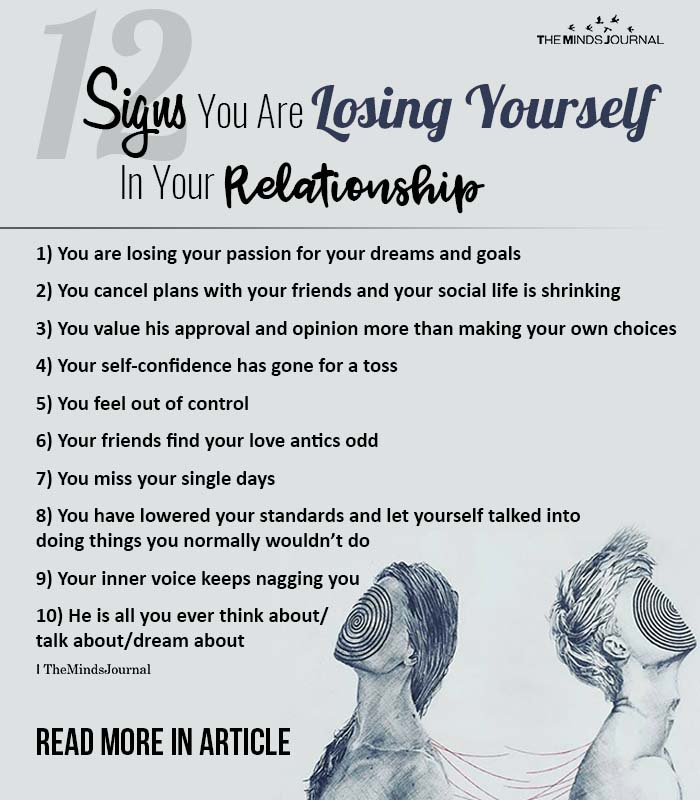
Ah, to fall in love… the spell… the fireworks.. the endorphins…the sex.. the fullness we feel with the One.
How sweet it is to be in love with you.
You complete me.
I am someone else with you.
The escape from self infuses us with euphoria and joy like no other. Poets, romantics, and dreamers have written about it for centuries.
In you, I see me.
In you, I am infinite.
In you, all is possible.
The urge to merge, to be with no other, to dive deep into love. It is truly one of life’s most pleasurable states. We seek it, crave it, and want it badly.
We open our hearts, trust, and jump into love’s incantation.
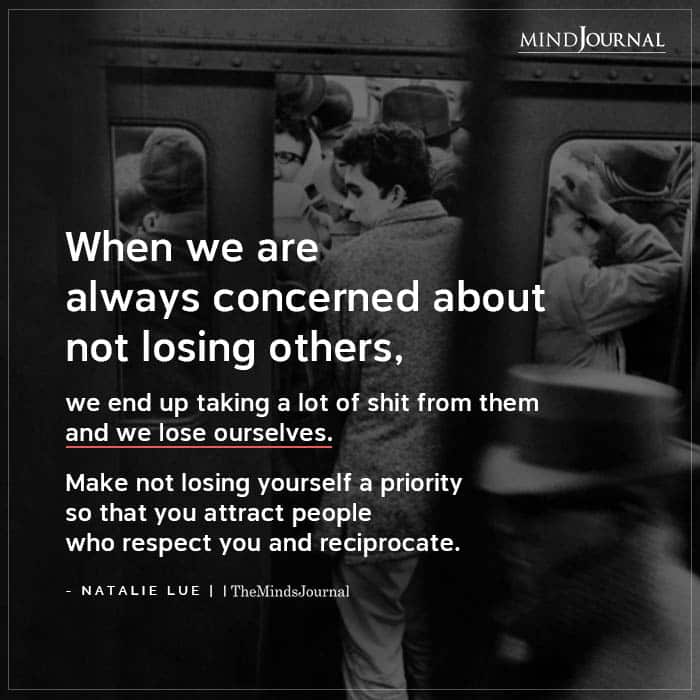
And then in time, we want more. To be in the spell daily, to live it 24/7, to fully enter the dream of what life can be like together.
We move in together, we go to sleep together, wake up together, share meals together. We make our lives together.
And it’s good. We are attentive, loving, and feel the sweetness of love.
But then agitations creep in. Judgments surface. Annoyances. Doubts. Concerns. The joy of losing our self in the other diminishes. It begins to feel burdensome.
Life on the relationship road feels narrow, constricted, claustrophobic.
And this is where I see clients in my office, saying things like…
“I don’t know who I am with her anymore.”
“Where I begin and where he ends… is no longer clear.”
“It’s like we’re in this fog and we can’t see each other.”
The recurring theme is … I’ve lost who I am with my partner and I’m scared.
Read: 12 Signs You Are Losing Yourself In Your Relationship
It is here where we are no longer thinking about our own thoughts or having our own feelings. We feel like who we are has been co-opted by our partner.
She never lets me choose my own sweetener.
He hates it when I go out with my girlfriends.
The days go by and we wonder, How did I get here?
So, what happened? How did we get there?
Somewhere in the romantic journey, we gave up thinking for ourselves and having our own feelings. In-love-ness demanded we become someone other than our self.
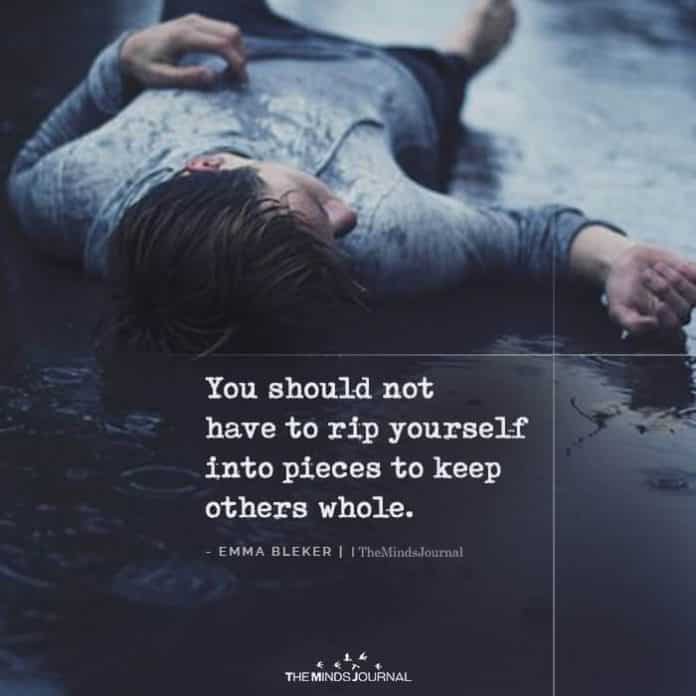
In falling in love, we sculpted our behavior to meet the desires of our partner. We wanted to make the One happy. We wanted the spell of love to last.
We ascribe to what I call “relational obedience.”
A tight-lipped container that says – Act this way so that you can keep things going smoothly. Don’t rock the boat.
Through relational obedience, we attempt to keep our relationship alive. But it is merely an attempt to hang on, to keep the “us” together.
In this state, we are in our limbic system, fight or flight, primal fear; we don’t feel safe. We are fighting off the threat of losing our tribe of two.
Our partner may use it unconsciously against us to enforce relational obedience – to try to change you into someone you are not, someone he or she seeks you to be.
“The more time you waste trying to be what others want you to be, the more you lose yourself.” – unknown
Love cannot grow and prosper when one or both partners are sidestepping one another. And in time, blame and projection begin.
You never let me make my own decisions.
I always yield to you.
You don’t see me in the way I want to be seen.
If one were fully honest, he or she would say instead…
I gave away all my power to you because I feared to lose you.
I relied on you to see me in ways I did not see myself.
Regardless, it bubbles to the surface, and the soul screams, “Enough! Enough! No more self-betrayal. No more losing yourself in a relationship.”
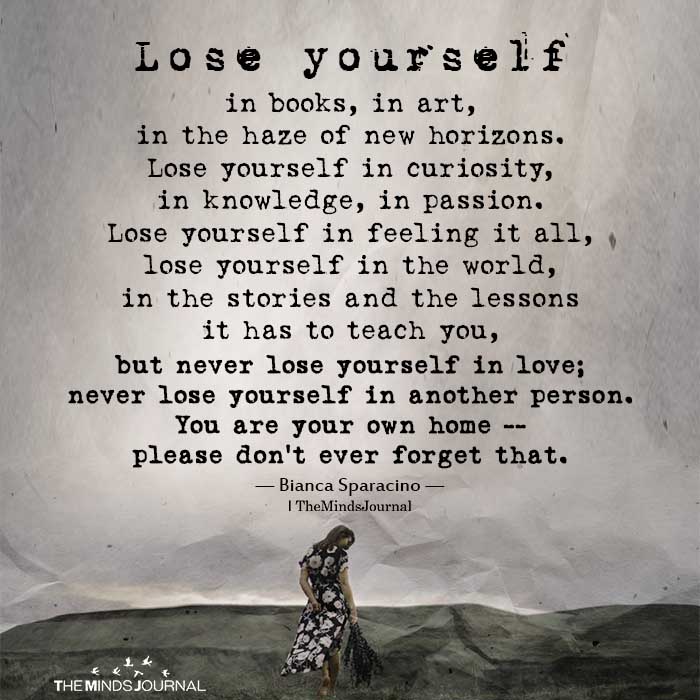
It’s clear — the bottom of your identity has been ripped out from underneath you.
A voice of terror says… I no longer know who I am with you.
And this is where the work begins. To remember who you are. To understand that through the journey of love, you forgot how to stay in a relationship with yourself.
How could you have known? Certainly, I didn’t. Our biology and Hollywood said – lose yourself in love; it’s the best thing there is.
Read: How To Know When It’s Time To Hold On or To Give Up A Relationship
And so you must come home to yourself.
“Don’t give so much of yourself to others that you end up losing yourself.” – unknown
Re-enter healthy self-relationship… individuate.. take time alone… get to know yourself again… reflect on who you’ve become with your partner… and who you really want to be.
And do this with your beloved. Stay connected.
Ask one another – is there another iteration of “us” that empowers mutual self-relationship? In order to create a more vast and expanded partnership?
We all know that we are happiest when we feel big and expansive, trusting and loving, in the relationship. The soul seeks it.
Remember this, the next time you lose yourself in a relationship.
Dig it? Remember… it’s only fair to share.
Written by Stuart Motola
Originally appeared in Stuart Motola
Love yourself, don’t lose yourself
Before you can love another person, you need to learn to love yourself. When you accept and love yourself, you will not worry about losing yourself in the relationship. You will realize that your partner loves you for who you are and respects you for who you are. When you acknowledge the fact that you are flawed and imperfect and so is your partner, you start practicing unconditional love, both within yourself and in the relationship.
“Once you lose yourself, you have two choices: find the person you used to be, or lose that person completely.” – H. G. Wells
There is no place for codependency in a healthy relationship. By building a strong, healthy relationship with yourself, you can actually improve your romantic relationship with your partner. Know yourself to build stronger foundations, practice habits that make you feel happy, explore life individually and allow absolute freedom to your partner to do the same.
Authenticity and transparency will guide you towards self-healing and infinite love.


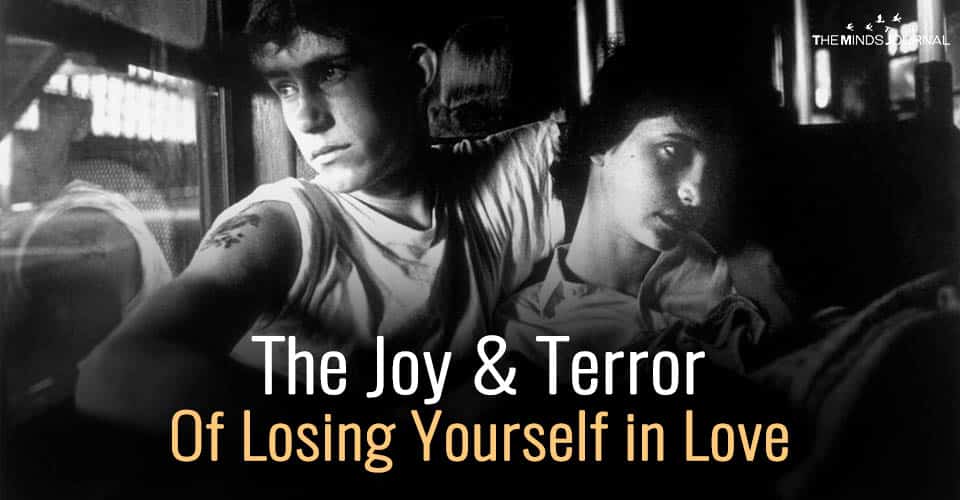

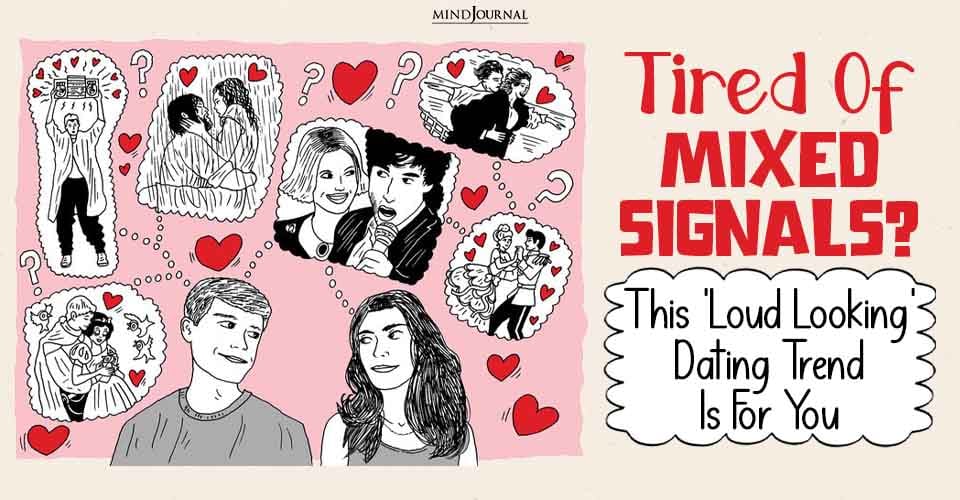
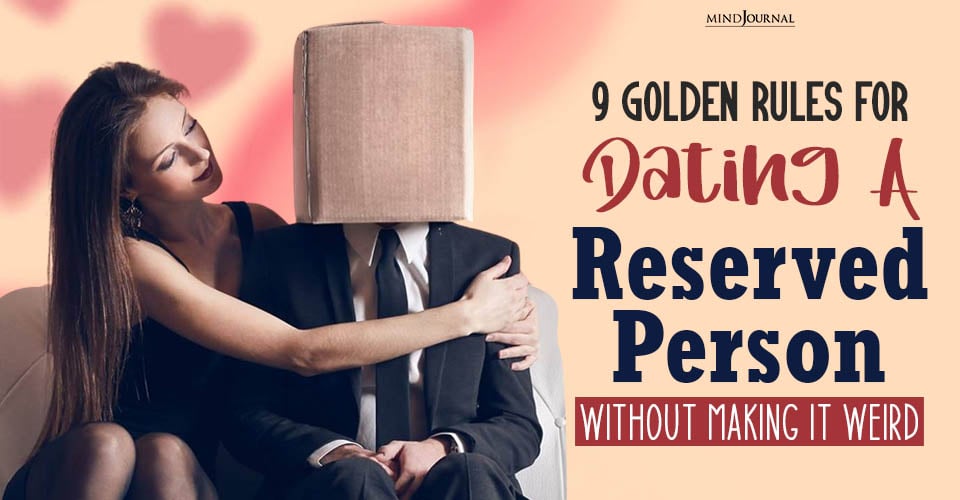
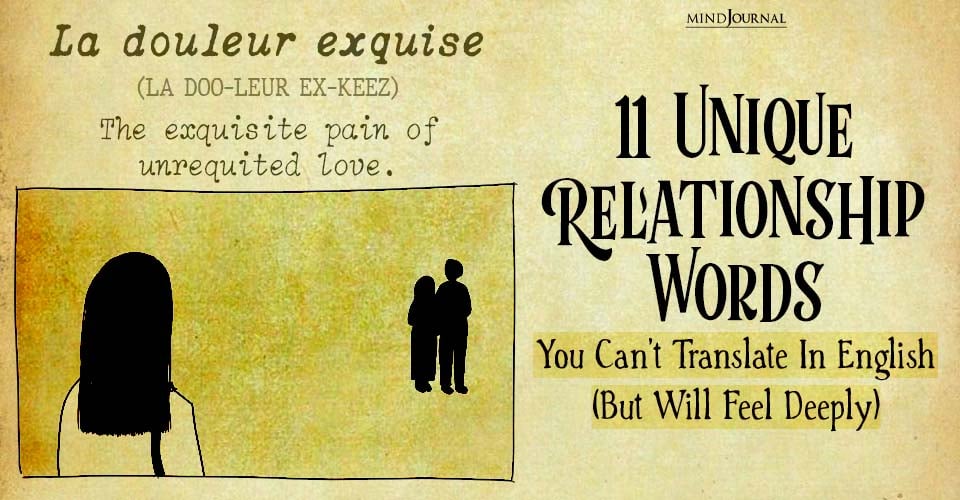
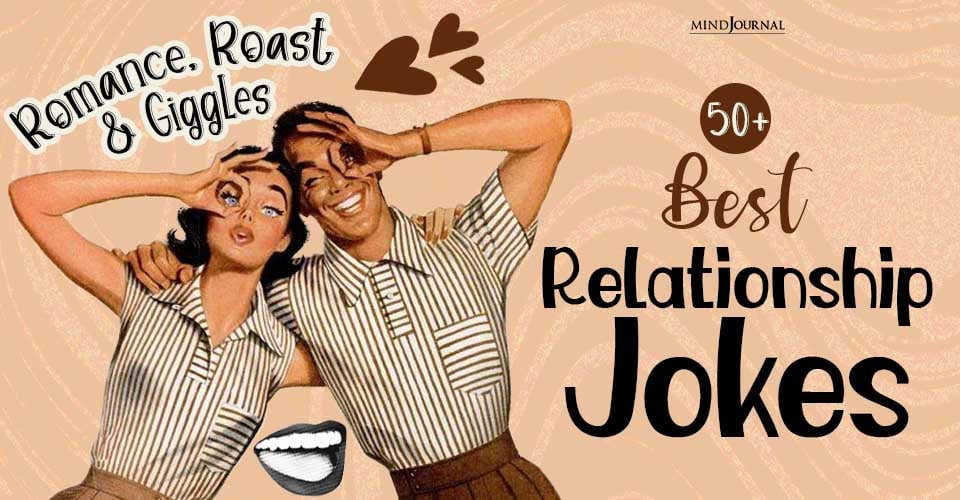
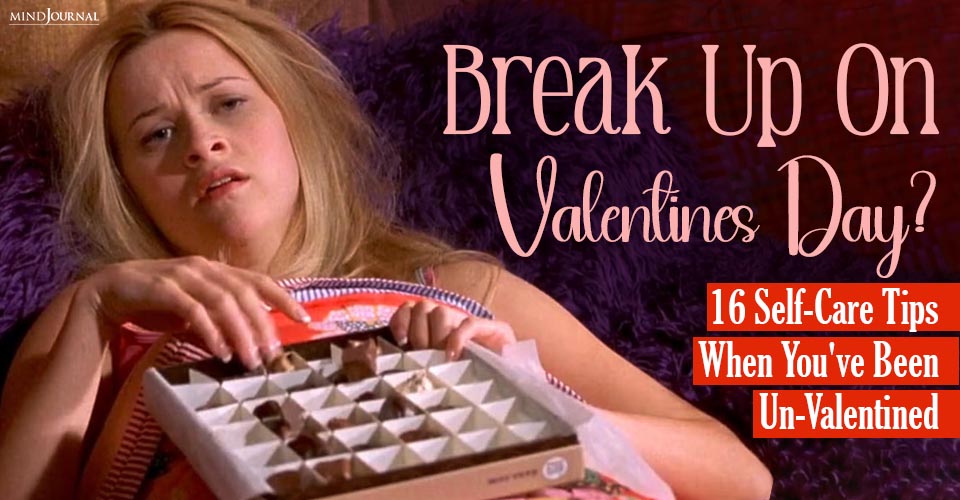

Leave a Reply